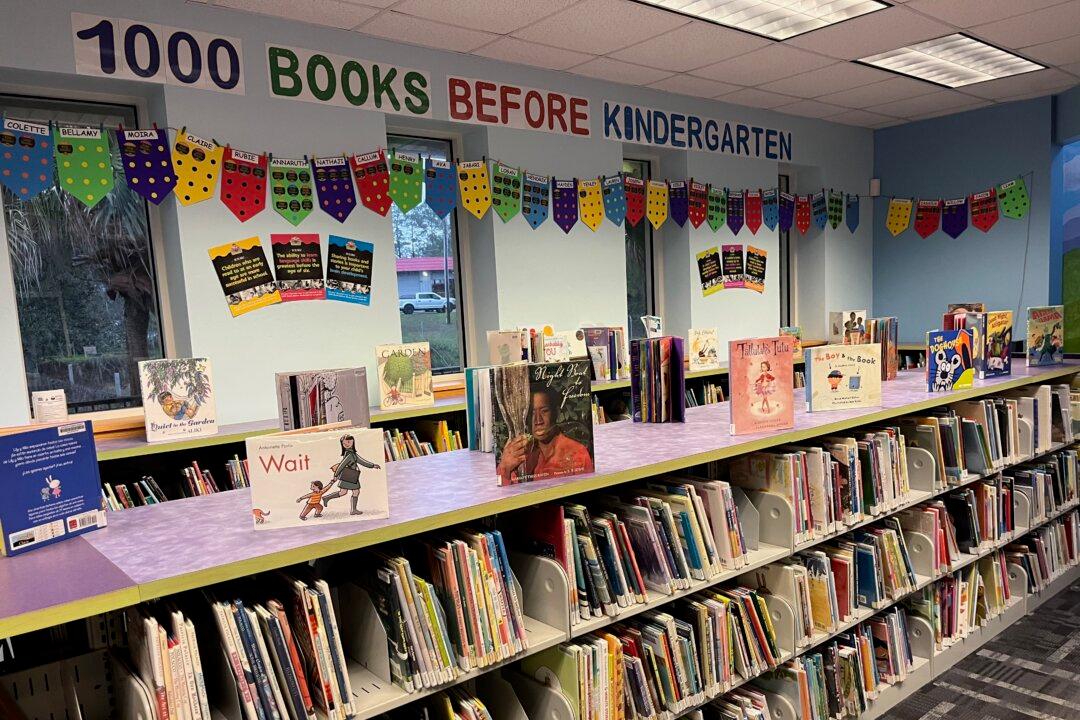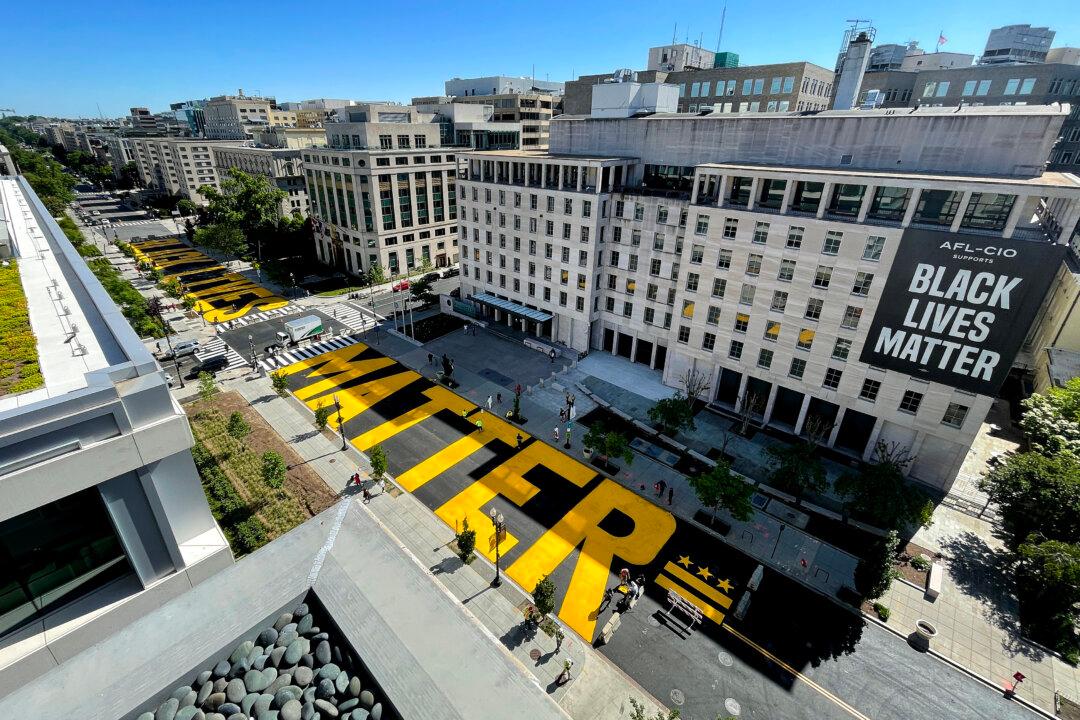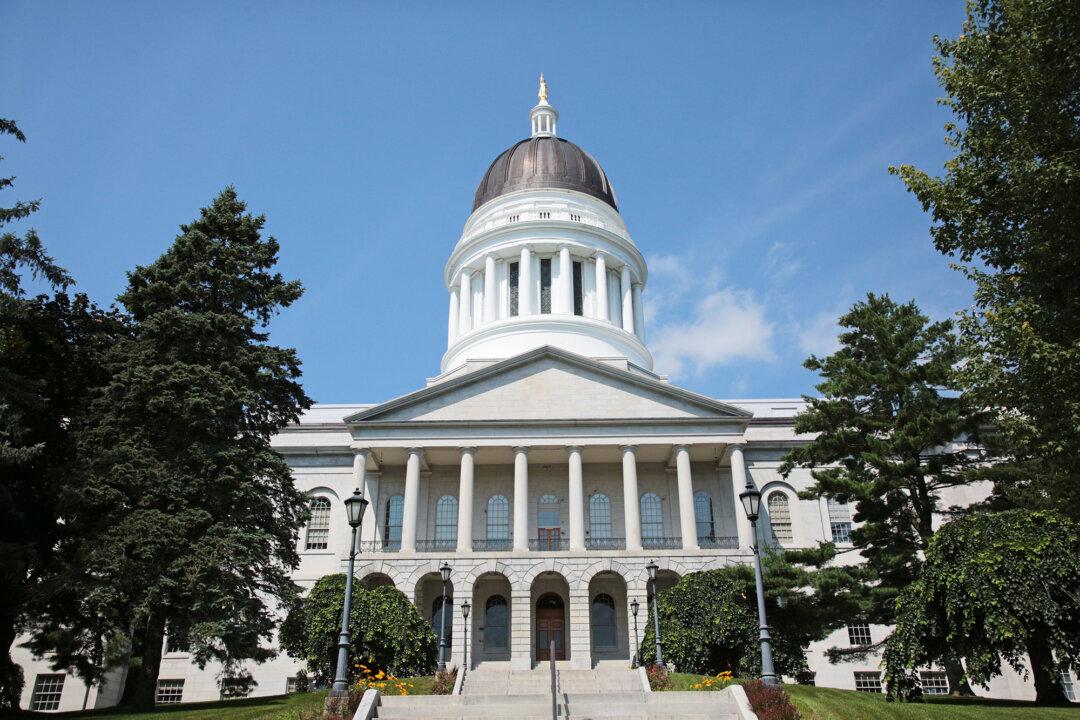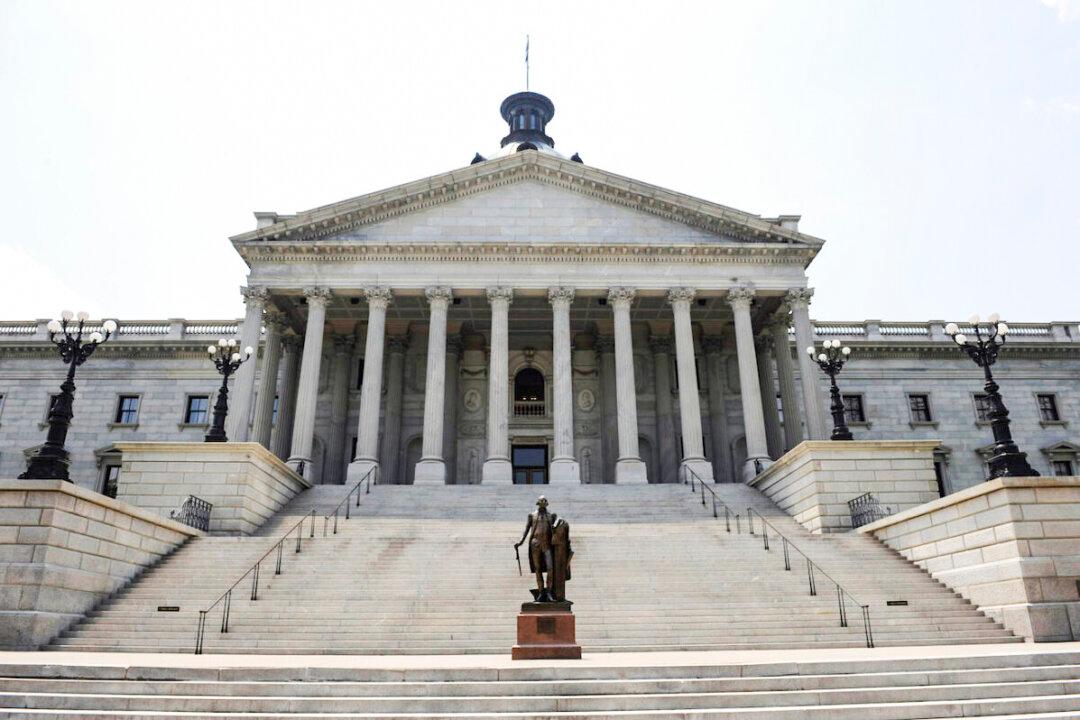After spending months of late nights helping her son as he struggled to learn to read, one South Carolina mom was thrilled to discover that her child’s school had a special program to help students who were falling behind.
But after inquiring about the program, she was shocked to learn that he wouldn’t qualify for the tutoring, she said. The reason: He’s white.




